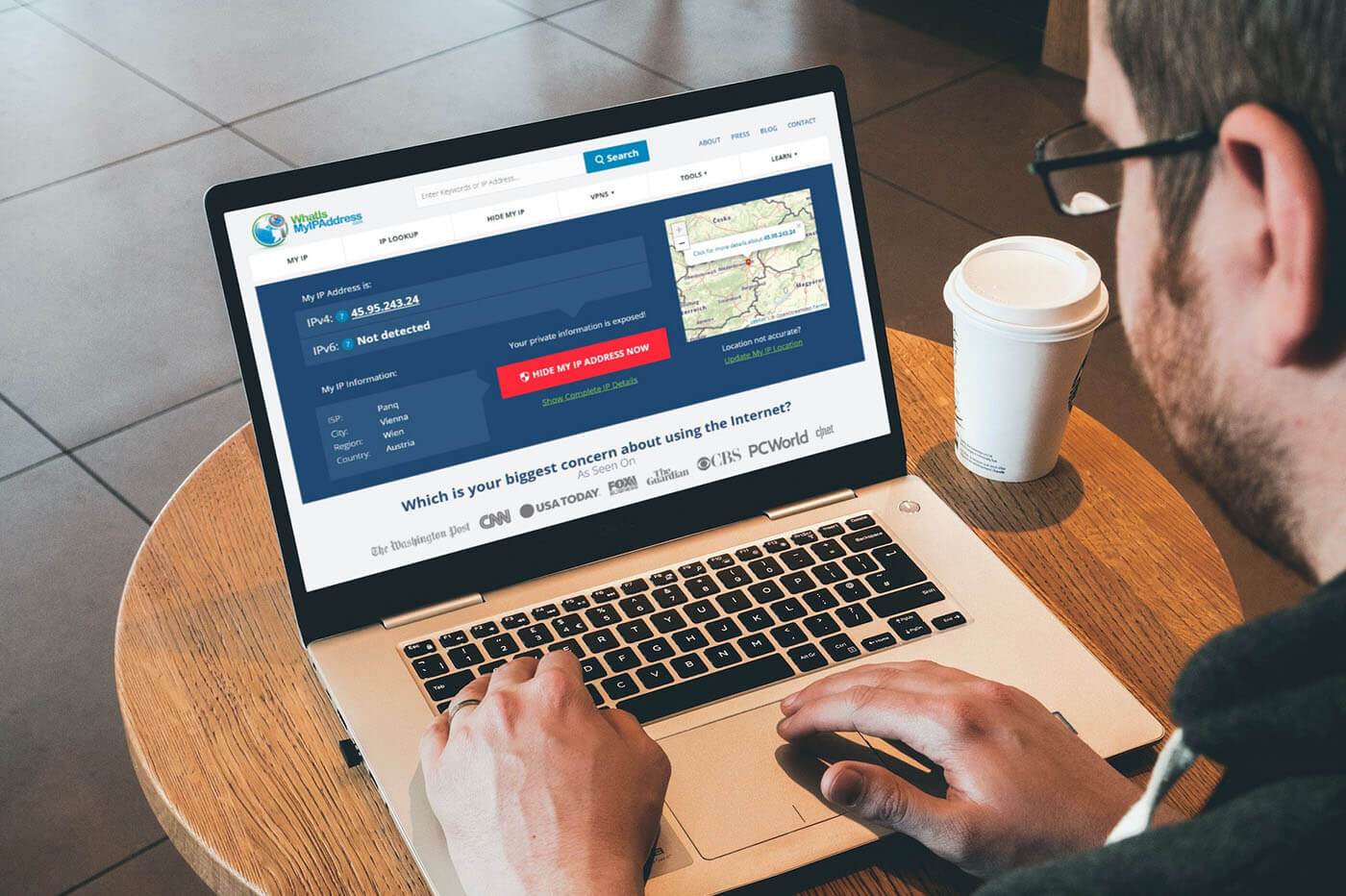Home>Software and Apps>What Is My IP VPN


Software and Apps
What Is My IP VPN
Modified: September 5, 2024
Discover the best software and apps for secure and private browsing with My IP VPN. Protect your online activities and data with ease.
(Many of the links in this article redirect to a specific reviewed product. Your purchase of these products through affiliate links helps to generate commission for Techsplurge.com, at no extra cost. Learn more)
Table of Contents
What Is a VPN?
A VPN, or Virtual Private Network, creates a secure and encrypted connection over the internet. It allows users to send and receive data across public networks as if their data were traveling through a private network. This is achieved by creating a virtual "tunnel" between the user's device and the VPN server, which encrypts all data transmitted through this tunnel.
How VPNs Work
Here’s a step-by-step explanation of how VPNs function:
- Connection Establishment: Your device establishes a connection with the VPN server using secure protocols like OpenVPN, L2TP/IPSec, or PPTP.
- Encryption: All data sent or received is encrypted, ensuring that intercepted data remains unreadable without the decryption key.
- IP Address Masking: Your original IP address is masked with the IP address of the VPN server, making it difficult to track your online activities.
- Secure Data Transfer: Encrypted data is routed through the VPN server to its final destination, maintaining security and privacy.
What Is My IP VPN?
When using a VPN, your original IP address is replaced by the IP address of the VPN server. This process is often referred to as "What Is My IP VPN." Here’s how it works:
- Original IP Address: Your device has a unique IP address assigned by your Internet Service Provider (ISP), which can be used to identify your location and track online activities.
- VPN Connection: Upon connecting to a VPN, your device requests a secure connection from the VPN server, which then assigns an IP address from its pool.
- IP Address Masking: All outgoing traffic is routed through the VPN server, using its IP address to communicate with the internet.
- Anonymity and Privacy: Masking your original IP address provides anonymity and privacy, useful for activities like torrenting, accessing geo-restricted content, or protecting personal data.
Types of VPNs
Several types of VPNs are available, each with unique features and benefits:
- Consumer VPNs: Designed for individual users, these are often used for secure browsing or accessing geo-restricted content.
- Business VPNs: Tailored for businesses, providing secure connections for employees with features like multi-factor authentication and centralized management.
- Free VPNs: Offer limited services in terms of speed, bandwidth, and features, often collecting user data to generate revenue.
- Paid VPNs: Provide comprehensive services, including faster speeds, higher bandwidth limits, and advanced features like split tunneling and kill switches.
Benefits of Using a VPN
Using a VPN offers several advantages:
- Enhanced Security: Encrypting all data transmitted through the VPN tunnel protects against cyber threats like hacking and eavesdropping.
- Anonymity and Privacy: Masking your IP address makes tracking online activities difficult, crucial for sensitive activities like online banking or shopping.
- Access to Geo-Restricted Content: Bypass geographical restrictions on streaming services and websites by appearing to access content from a different country.
- Protection Against ISP Throttling: Encrypting traffic makes it harder for ISPs to identify and throttle specific types of data, protecting against speed throttling.
How to Choose the Right VPN
Choosing the right VPN can be overwhelming. Consider these key factors:
- Security Features: Look for strong encryption protocols like AES-256 and a no-logs policy to ensure data is not collected.
- Speed and Performance: Some VPNs can slow down internet speeds. Opt for those offering fast speeds and minimal latency.
- Server Locations: If accessing geo-restricted content or appearing in a different country is necessary, choose a VPN with servers in multiple locations worldwide.
- Customer Support: Good customer support is essential for resolving any issues with the VPN service.
- User Interface: A user-friendly interface simplifies managing VPN settings and connecting/disconnecting as needed.
Popular VPN Services
Several popular VPN services are available, each with strengths and weaknesses:
- ExpressVPN: Known for fast speeds and an extensive server network, ExpressVPN is a popular choice for reliable performance.
- NordVPN: Offers robust security features and numerous servers globally, making it a favorite for those seeking anonymity and privacy.
- ProtonVPN: Known for a strong focus on security and privacy, ProtonVPN is excellent for users who prioritize these aspects.
- TunnelBear VPN: Provides a user-friendly interface and strong encryption protocols, accessible to both beginners and advanced users.
Additional Tips
- Regularly Update Your VPN Software: Ensure VPN software is updated to patch any security vulnerabilities.
- Use Strong Passwords: Strong, unique passwords for your VPN account prevent unauthorized access.
- Avoid Free VPNs: Free VPNs often come with significant trade-offs in security and performance.
- Check for No-Logs Policy: Ensure the VPN service has a no-logs policy to protect your data from being collected.
- Use Two-Factor Authentication (2FA): Enable 2FA whenever possible for an extra layer of security.
By following these tips and understanding how VPNs work, you can enjoy a safer and more private online experience.

